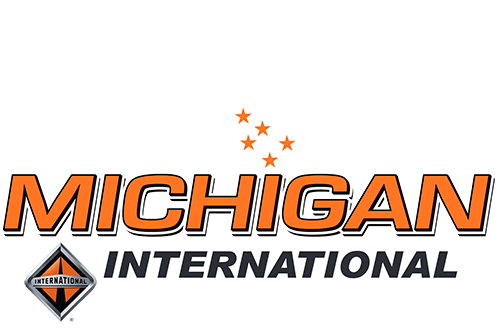By Trish Reed, VP, Zero Emissions, for International Truck and IC Bus.
The transition to an electric powertrain from diesel internal combustion engine technology has created a massive sea change in the commercial vehicle industry. While we can debate all day long about how fast the transition to zero-emissions vehicles might come, it is coming—and momentum is growing.
At the end of the day, it’s important for truck and bus dealers and fleet operators to remember that this transition is not difficult, it’s different. And the key to success is working with the right partners.
To help truck and bus fleets navigate these changes, we at International Truck and IC Bus have created a dedicated Zero Emissions team and the following three-step consultative approach:
- Consulting. Sitting down with customers to understand their concerns, motivations to adopt BEVs, and to discuss their short- and long-term plans.
- Charging & Infrastructure. This “fueling strategy” piece is new and different for all of us, but it’s important to get it right. That means understanding power needs, making the right charging hardware decisions, and future-proofing operations.
- Customer Onboarding. This part of the process starts when the vehicle goes on order. It includes determining if the charging and infrastructure is coming into place, as well as driver and technician training. Ultimately, the goal is that when the vehicle arrives, the customer can run it, operate it, and just weave it into their operations with minimal disruption.
- The good news is that we have experience working with customers in the field who have adopted our battery-electric school buses and medium-duty International® eMV™ Series trucks. We’re no longer talking theory. We are delivering battery-electric vehicles, and we continue to learn from every experience.




